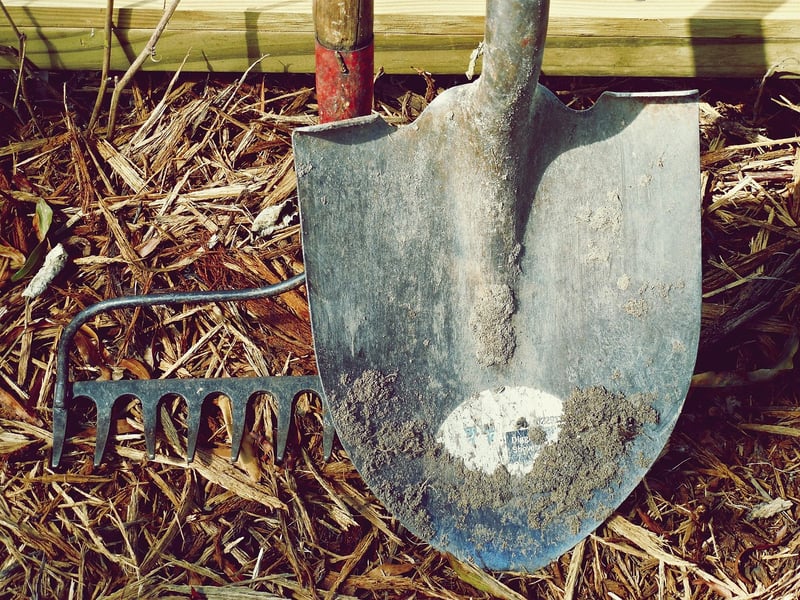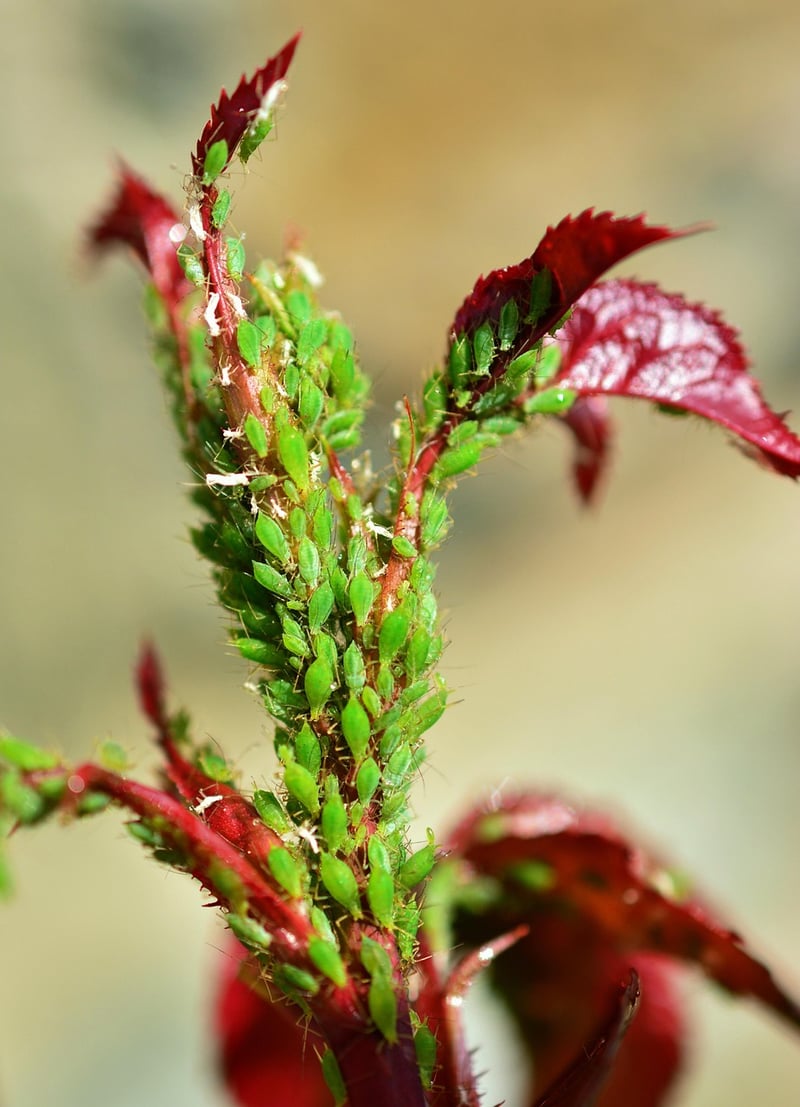Preventing Infestations
Dealing with Pests in City Gardens & Preventing Infestations
Introduction
City gardens provide a peaceful escape in urban environments, but they also attract pests that can harm plants and disrupt the garden's harmony. Learning how to deal with these pests and prevent infestations is crucial for maintaining a thriving city garden.
Common Pests in City Gardens
City gardens are often susceptible to various pests such as aphids, snails, slugs, caterpillars, and rodents. These pests can quickly multiply and cause extensive damage to plants if not controlled effectively.
1. Aphids
Aphids are tiny insects that feed on plant sap, causing leaves to curl and plants to weaken. To combat aphids, consider introducing natural predators like ladybugs or using insecticidal soap.
2. Snails and Slugs
Snails and slugs are nocturnal pests that leave slime trails and chew on leaves. To deter them, create barriers with copper tape or use organic slug pellets sparingly.
3. Caterpillars
Caterpillars can defoliate plants rapidly. Handpick them or use Bacillus thuringiensis (BT) as a biological control method.
4. Rodents
Rodents like rats and mice can gnaw on plants and spread diseases. Secure compost bins and use traps or repellents to keep them at bay.
Preventing Infestations
Prevention is key to managing pests in city gardens. Here are some tips to prevent infestations:
- Regularly inspect plants for signs of pests.
- Maintain garden hygiene by removing debris and weeds.
- Encourage beneficial insects by planting diverse flowers.
- Avoid over-fertilizing, as it can attract pests.
- Rotate crops to prevent pest build-up in the soil.
Conclusion
By being proactive in dealing with pests and implementing preventive measures, you can enjoy a flourishing city garden without the fear of infestations. Remember to stay vigilant and address pest issues promptly to protect your garden oasis.

